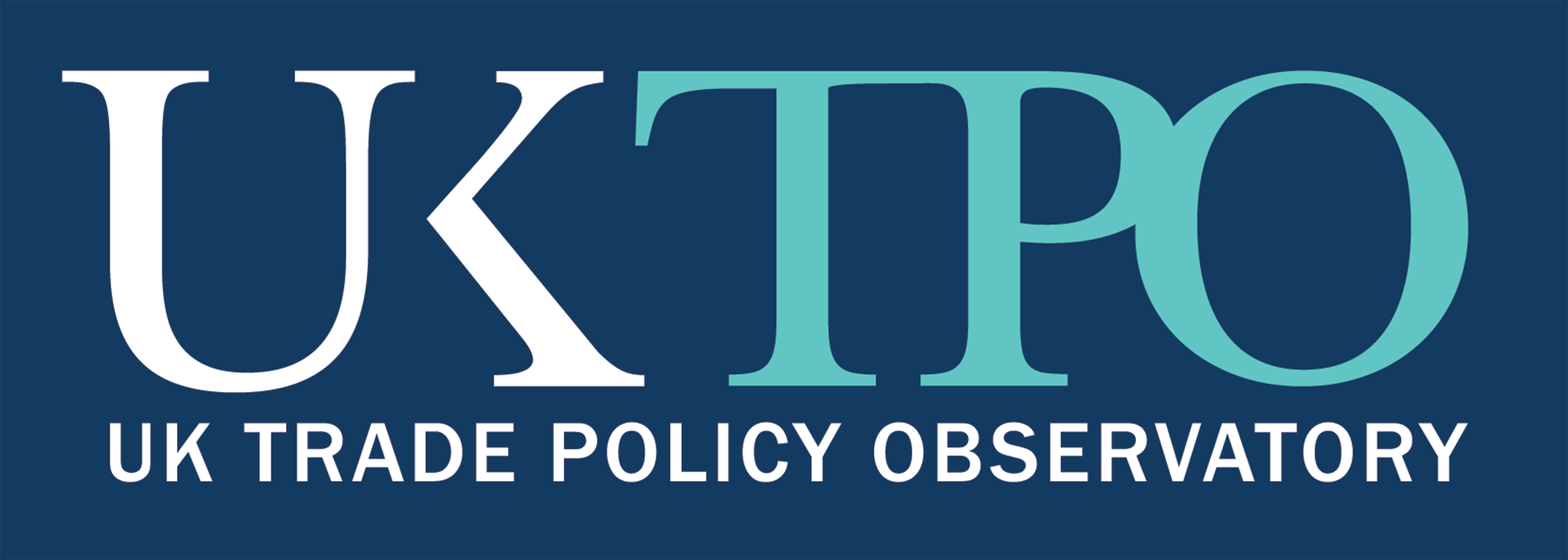The EU–US Trade Deal: A $750 billion commitment caught between supply security and climate strategy
On 27 July 2025, the European Union (EU) announced a trade deal with the United States (US), averting a potential 30% tariff escalation.[1] Failure to conclude negotiations risked a transatlantic economic relationship valued at $2 trillion annually, which is nearly 6% of global trade in goods and services.[2] In addition to tariffs, there is also agreement on EU purchases of energy products, and to work together on economic security, access to critical energy and investment facilitation. This blog examines some of the implications of this announcement, reflecting how it could shift the EU's key trade relationships in energy and influence its progress toward achieving climate goals. The terms of the deal The deal sets a 15% base tariff on most EU exports to the US, effectively halving the previously threatened tariff rate. The agreed 15% baseline tariff is understood to be applied on an inclusive basis and not as an additive layer to pre-existing rates. Both sides appear to have agreed on zero-for-zero tariffs for a number of strategic products. This includes all aircraft and component parts, certain chemicals, certain generics, semiconductor equipment, certain agricultural products, natural resources, and critical raw materials. Officials also confirmed that work will continue to [...]

